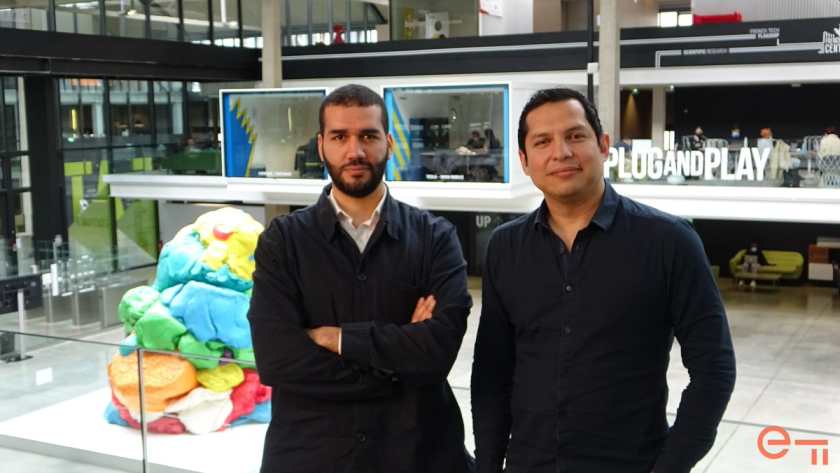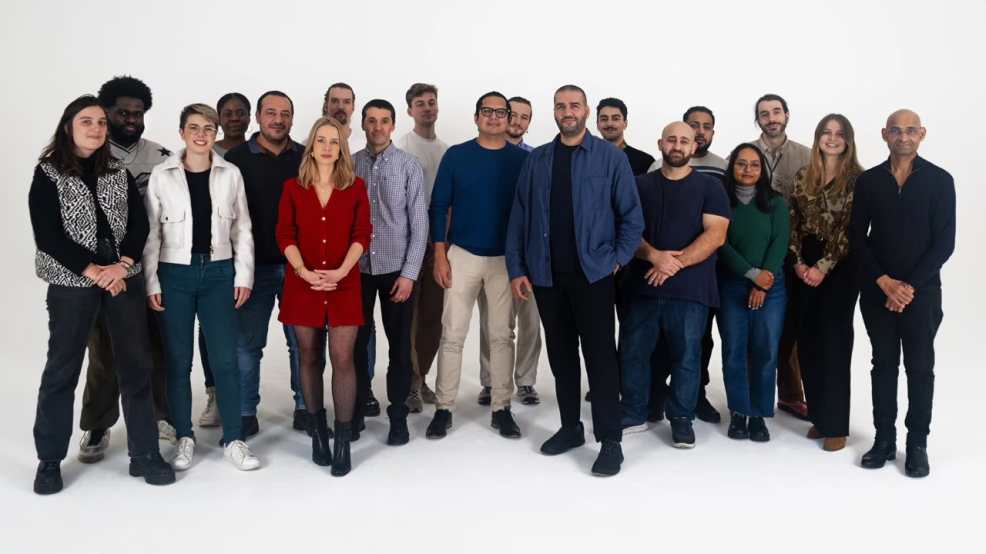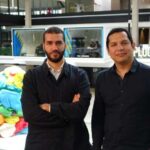Faircraft secures €15M to scale production of lab-grown leather for luxury markets

The global leather goods market is currently valued at $250 billion to $407 billion and is projected to grow to $743.50 billion by 2030. Within this market, animal leather was worth $100 billion in 2023 and is expected to reach $137.3 billion by 2031.
While animal leather is valued for its durability and luxury, its production poses significant challenges. The process contributes to deforestation, high water consumption, and greenhouse gas emissions. Tanning relies on chemicals that pollute ecosystems and expose workers to health risks. Ethically, leather production is linked to animal slaughter and unsustainable farming practices. These issues have driven demand for alternatives that reduce environmental and ethical concerns.
Faircraft, a Paris-based climate tech startup, is addressing this demand by creating lab-grown leather. The company recently secured €15 million in funding from investors including Kindred Ventures (USA), Cap Horn (France), and BPI (France).
Other backers include Blue Wire Capital (UK), Sake Bosch (Netherlands), Entrepreneur First (UK), Alliance for Impact (France), and Heirloom (USA). The funds will support team expansion, particularly engineers and biologists, and scale production to meet growing demand.
Founded in 2021 by Haïkel Balti (CEO), an engineer with a background in materials science, and César Valencia Gallardo, a biochemist with a PhD in Cellular Biology, Faircraft combines expertise in science and engineering. The team includes 20 professionals from eight nationalities, nine of whom hold PhDs, bringing significant experience in applied research and industrialization.
Faircraft’s lab-grown leather is developed from animal skin cells using cellular agriculture. The process replicates the structure and composition of traditional leather while minimizing environmental impact. The material offers versatility, sensory quality, and strong technical properties. Master tanners specializing in luxury goods further refine the product to meet high-end standards.
“Lab-grown leather represents a major evolution that goes far beyond the fashion industry and uses cutting-edge technologies to honor ethical considerations. It enables the creation of unique pieces with minimal environmental impact while offering new possibilities to leather artisans and designers. This technological breakthrough is a tribute to the magic of life,” Balti said in statement.
Faircraft’s lab-grown leather is attracting luxury brands by offering a more sustainable option. The material reduces CO2 emissions by 90%, waste by 95%, and water usage by 80% compared to traditional leather. While production costs are currently higher, the company aims to achieve price parity with industry-standard leather as it scales.
Operating out of its Paris headquarters, Faircraft has developed a proprietary, patented process for manufacturing lab-grown leather. The company’s focus on scalability ensures it can meet increasing demand while maintaining quality. Combining innovation with French craftsmanship, Faircraft is paving the way for a more sustainable future in the fashion and leather industries.

Faircraft Team




